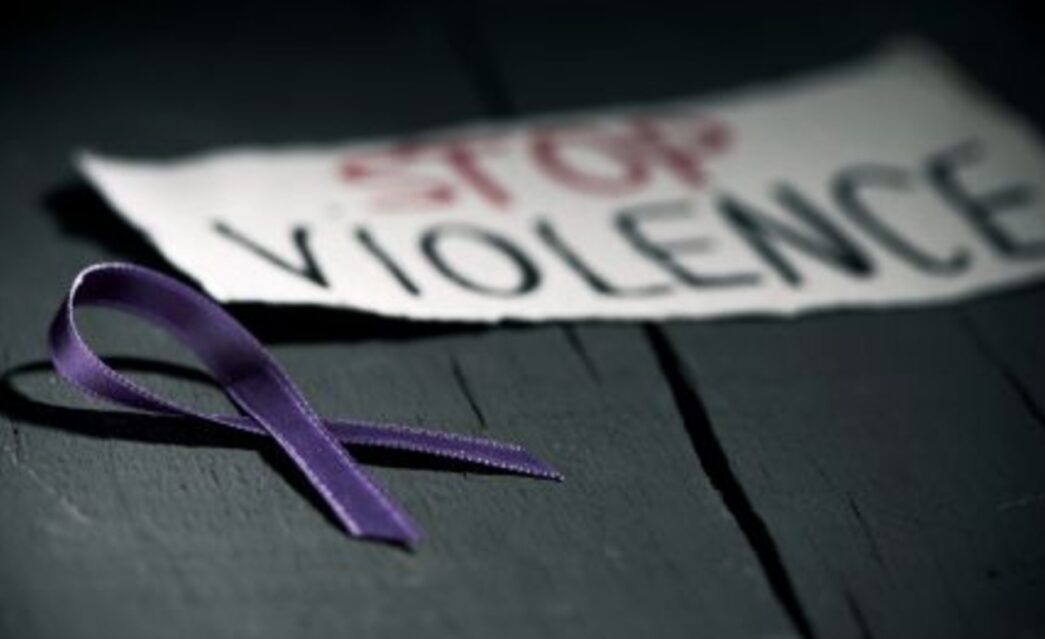Add a comment
Advertisement


Adebukola Shonibare, the director of Invictus Africa, says the 2024 Womanity Index report has shown that 63 percent of Nigerians have either experienced gender-based violence (GBV) or know someone who has.
Shonibare said the report, released on Wednesday by Invictus Africa, was based on responses from 18,500 people sampled nationwide.
She said the report revealed that only 37 percent of Nigerians have not experienced GBV or do not know anyone who has.
“And when we say GBV, we are not just talking about sexual form, rape, or sexual assault,” Shonibare said.
“We are talking about GBV in the form of sexual, physical, emotional, economic, mental, or psychological.
“Data also shows us that 70 percent of Nigerians who experience GBV experience it in their homes, followed by public places like the market, schools, workplaces, and religious institutions.
“Over 34 percent of people sought help, first from their families and relatives, followed by police or law enforcement.
“Ideally, police or law enforcement should be the first place that they seek help. But when I get to the last question of why people choose where they seek help, people choose where they seek help, mostly on the basis of trust.”
Shonibare said Lagos, Rivers, and Ekiti states recorded the highest response to GBV against women and girls in the country.
She said the survey was carried out to assess the progress of subnational governments in preventing and responding to GBV and promoting gender equality.
She said the report was based on indexes such as laws and policy, access to legal justice, support services for survivors, information and awareness, as well as budget and spending.
She noted that Kaduna performed well regarding the passage of the Violence Against Persons Prohibition (VAPP) Act, which improved its ranking in the laws and policies index.
Shonibare added that the state also established and launched its sexual assault referral centre, which it did not have before, noting that “this boosted its score”.